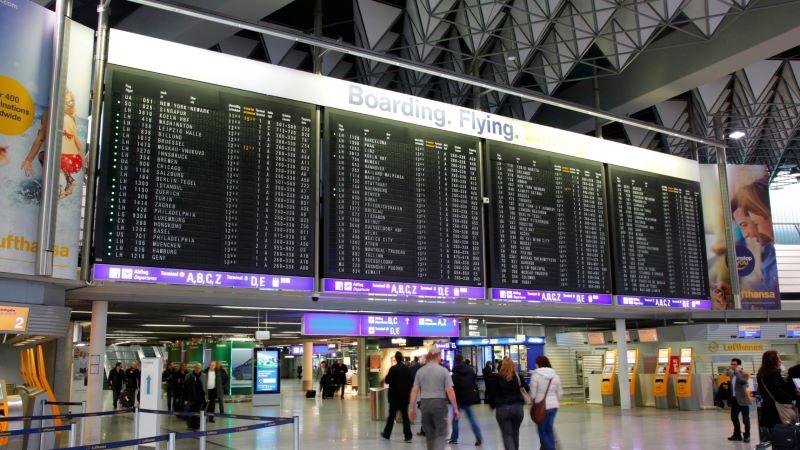
Credit: Fraport AG
PARIS—European member states agreed to open borders to international travelers vaccinated against COVID-19, with the European Council agreeing on a proposal aimed at encouraging a recovery in travel demand. The European Council, which is made up of the leaders of EU member states, agreed on a...
Subscription Required
This content requires a subscription to one of the Aviation Week Intelligence Network (AWIN) bundles.
Schedule a demo today to find out how you can access this content and similar content related to your area of the global aviation industry.
Already an AWIN subscriber? Login
Did you know? Aviation Week has won top honors multiple times in the Jesse H. Neal National Business Journalism Awards, the business-to-business media equivalent of the Pulitzer Prizes.

